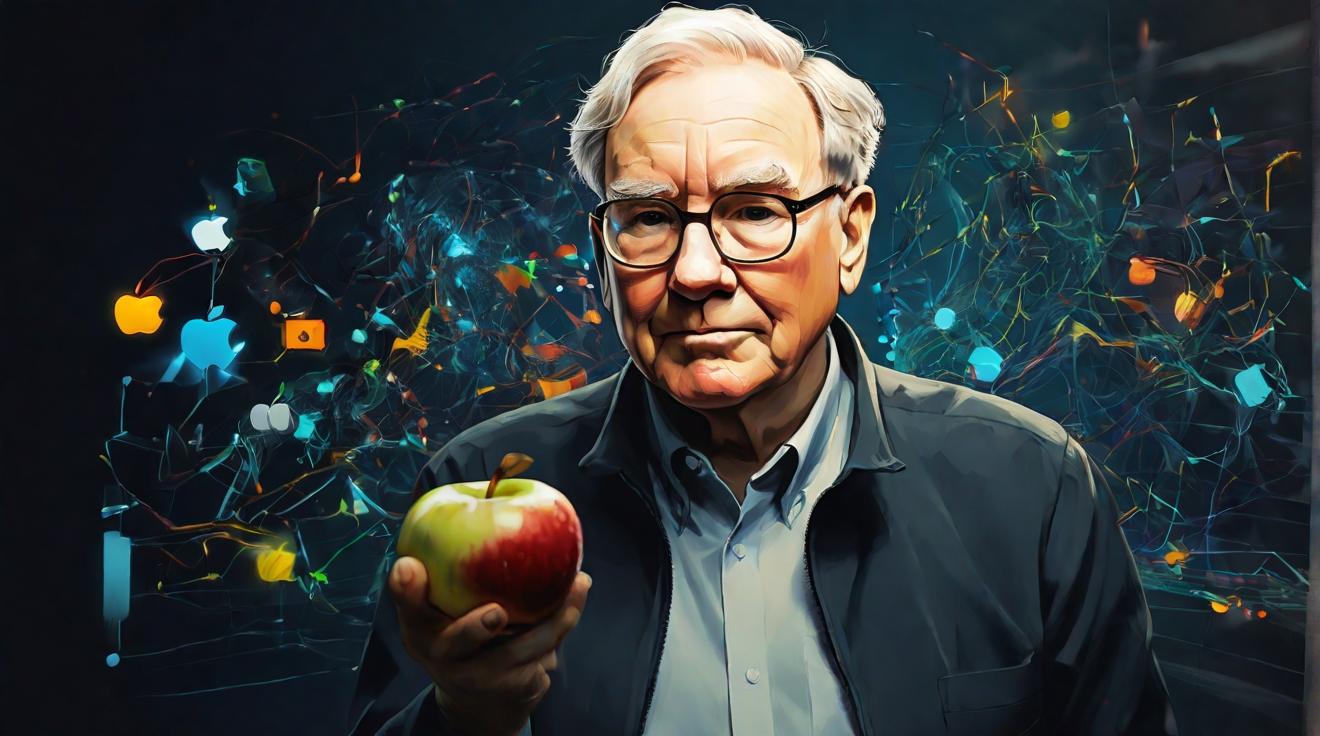Legal Battle: New York Times Files Suit Against OpenAI Over Copyright Breach
In a move that has captured widespread attention, the New York Times has taken legal action against OpenAI, an artificial intelligence company. The lawsuit centers around allegations of copyright infringement stemming from OpenAI’s use of the newspaper’s original content in its large language model, ChatGPT. This case has the potential to become one of the most fascinating legal battles of the year, delving into the complex intersection of AI and copyright law.
The Role of Large Language Models in the New York Times vs. OpenAI Case
At the heart of the dispute lies the crucial role played by large language models like ChatGPT. These sophisticated AI systems leverage immense computational power to absorb vast amounts of information from various sources. Their purpose is to provide accurate answers and execute intricate tasks based on user requests. However, the New York Times argues that in accomplishing this, OpenAI is unlawfully utilizing its original content. The newspaper points to instances where Microsoft’s Bing, using a similar service, generated search responses containing direct excerpts from its articles.
Copyright in the Digital Age: Is OpenAI Breaching Laws with ChatGPT?
The lawsuit by the New York Times brings to the fore critical questions about copyright law in the digital age. OpenAI’s language models rely on training data filled with copyrighted materials from diverse sources. The issue at hand is whether such utilization falls under the umbrella of “fair use,” a doctrine that permits limited use of copyrighted content without permission. Clear guidelines on the boundaries of fair use in relation to AI systems have yet to be established. The New York Times argues that the reproduction of its articles by OpenAI’s ChatGPT and Bing exceeds what is legally permissible.
OpenAI’s Response: Repairing Errors and Seeking Constructive Relationships
Facing the legal action, OpenAI acknowledges the errors pointed out by the New York Times and asserts its readiness to make corrections. It asserts that the verbatim reproduction of content is unintentional and seeks a more amicable approach to resolving the matter. OpenAI emphasizes its desire for a “constructive relationship” with not only the New York Times but also other publishers. The company draws parallels with past instances involving Google and Facebook, where mutually beneficial solutions were reached.
Fair Use and Profits: Who Should Benefit from Language Model’s Training Datasets?
Beyond the immediate concerns of OpenAI and the New York Times lies a broader conundrum. Language models like ChatGPT rely on copyrighted materials from across the world for their training datasets. As AI systems continue to generate profits, it raises questions regarding the rightful distribution of these profits. Those who create the original content upon which these language models depend argue that they should have a legitimate claim to a share of the ensuing profits. While the concept of “fair use” could potentially cover such activities, its precise application in this context remains undefined, leaving room for debate and legal resolution.
This legal battle between the New York Times and OpenAI highlights the intricacies of integrating AI technologies with copyright laws. As large language models become increasingly prevalent, it is crucial to determine appropriate boundaries and provisions to safeguard the rights of content creators while respecting the potential of AI advancements. The outcome of this case has the potential to shape future legal frameworks surrounding AI, shedding light on the delicate balance between innovation, fair use, and copyright protection.
Analyst comment
Neutral news.
As an analyst, it is uncertain what will happen to the market. The outcome of this legal battle could impact the future legal frameworks surrounding AI and copyright protection, but it is difficult to predict the specific impact on the market in less than 300 characters.













